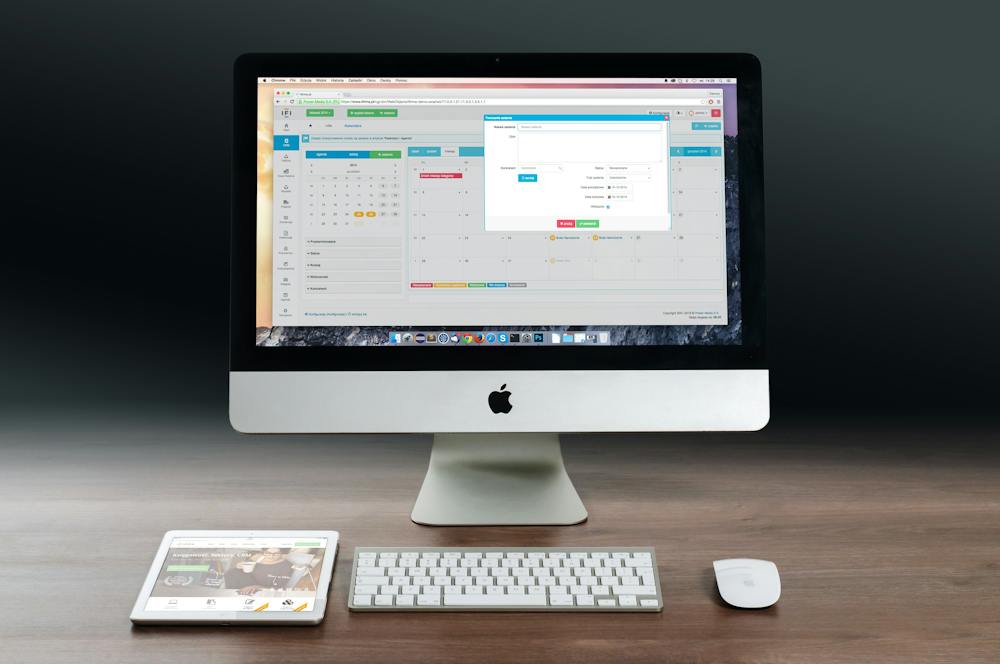
PHP Composer has become an essential tool for PHP developers. IT allows you to manage dependencies and packages within your project seamlessly. Whether you are a seasoned developer or just starting, understanding how to use PHP Composer install can significantly improve your development workflow.
What is PHP Composer?
PHP Composer is a dependency manager for PHP. It allows you to declare the libraries your project depends on and manages them for you. The key features of PHP Composer include:
- Dependency management
- Autoloading
- Package installation and updates
With PHP Composer, you can easily add, remove, and update packages in your project. It simplifies the process of managing external libraries and ensures that your project runs smoothly with the required dependencies.
How to Install PHP Composer
Before using PHP Composer, you need to install it on your system. The installation process is straightforward, and it involves downloading the Composer executable and adding it to your system’s PATH. Here are the steps to install PHP Composer:
- Download the Composer executable
- Move the executable to a directory in your PATH
- Verify the installation by running
composer -V
Once you have installed PHP Composer, you can start using it to manage dependencies in your PHP projects.
Using PHP Composer Install
The composer install command is used to install all the dependencies defined in the composer.json file of your project. When you run this command, Composer reads the composer.json file and downloads the required packages into the vendor directory. Here’s an example of how to use composer install:
{
"name": "your-project-name",
"require": {
"monolog/monolog": "^1.0"
}
}
Once you have defined your dependencies in the composer.json file, you can run composer install in the terminal to install the required packages. Composer will download the specified package, along with its dependencies, and create the vendor directory in your project.
Updating Packages with PHP Composer
In addition to installing packages, PHP Composer allows you to update packages to their latest versions. The composer update command is used to update all the packages in your project to their latest available versions. Here’s how you can use composer update:
Running composer update will update all the packages specified in the composer.json file to their latest versions. Composer will also update the composer.lock file to reflect the new versions of the packages installed.
Autoloading with PHP Composer
One of the powerful features of PHP Composer is its ability to generate an autoloader for your project. The autoloader allows you to autoload classes and functions without having to include them manually. To enable autoloading, you simply need to include the autoloader file generated by Composer in your project. Here’s an example of how to use PHP Composer autoloading:
require 'vendor/autoload.php';
use Monolog\Logger;
use Monolog\Handler\StreamHandler;
$log = new Logger('name');
$log->pushHandler(new StreamHandler('path/to/your.log', Logger::WARNING));
$log->warning('This is a warning');
By including vendor/autoload.php in your project, you can easily autoload classes and functions from the installed packages. This simplifies the process of managing dependencies and ensures that the required classes and functions are loaded when needed.
Conclusion
PHP Composer is a powerful tool for managing dependencies in PHP projects. By understanding how to use composer install and other Composer commands, you can streamline your development workflow and ensure that your projects have all the required dependencies. Whether you are working on a small project or a large-scale application, PHP Composer can greatly improve the way you manage dependencies and packages.
FAQs
What is the purpose of the composer.json file?
The composer.json file is used to define the dependencies, autoloading, and other configuration settings for your PHP project. It specifies the required packages, as well as the minimum versions and constraints for those packages.
How does PHP Composer differ from other dependency managers?
PHP Composer is specifically designed for managing dependencies in PHP projects. It provides a simple and effective way to install, update, and autoload packages, making it a popular choice for PHP developers.
Can I use PHP Composer for non-PHP projects?
While PHP Composer is primarily designed for PHP projects, it can be used for managing dependencies in other types of projects. However, its features are optimized for PHP, so it may not be the best choice for non-PHP projects.
Is PHP Composer free to use?
Yes, PHP Composer is an open-source project and is available for free. You can download and use it in your projects without any cost.





